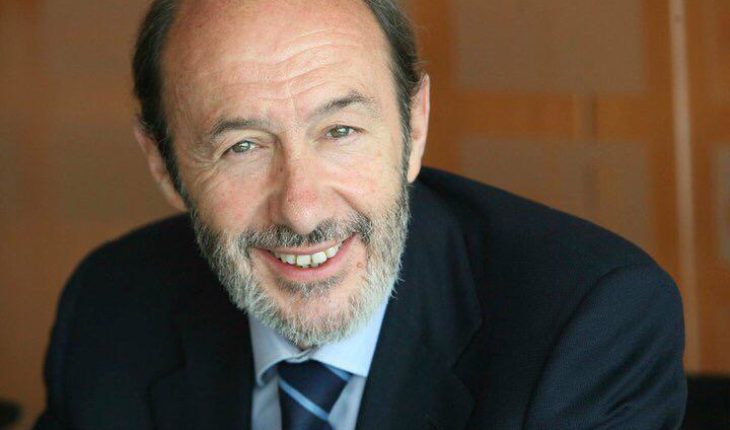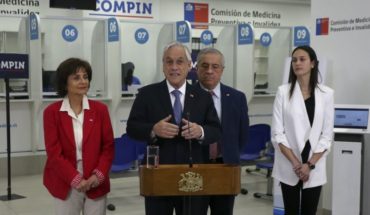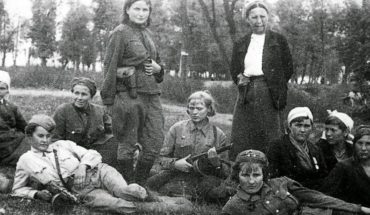The historical Spanish socialist leader Alfredo Pérez Rauba Lcaba, Minister of Interior Key in the end of the violence of the separatist group Basque ETA, died this Friday at 67 years two days after having suffered a stroke.
On Wednesday, the politician had been admitted to a cerebral infarction at Puerta de Hierro Majadahonda University Hospital, which on Thursday reported his state of “extreme gravity.” Faced with the “worrying” situation, the head of government Pedro Sánchez abruptly abandoned Thursday a European summit in Romania and suspended his actions of the election campaign this Friday.
“We just left our colleague Alfredo Pérez Rubalcaba. We are speechless and broken with pain, “announced the Spanish Socialist Workers ‘ Party (PSOE), a training that led between 2012 and 2014, when it abandoned politics.
History of Spanish socialism, Rubalcaba was minister in the years 90 with President Felipe Gonzalez and later with José Luis Rodríguez Zapatero, when he came to accumulate the Ministry of Interior, spokespersons and vice-presidency. During his tenure in the Interior (2006-2011) He led numerous successful police strikes against the Basque separatist organization ETA, which in October 2011 announced the end of four decades of armed struggle, before dissolving last year.
The news came to Rubalcaba already outside the government, preparing for the general elections of November 2011 to which attended as a Socialist candidate after the march of Zapatero, worn out by his management of the economic crisis. He was defeated by the Conservative People’s Party (PP) of Mariano Rajoy, winner with absolute majority. However, a year later he was appointed Secretary general of the PSOE, a position he maintained until 2014, when he left politics and was succeeded by Pedro Sánchez, current socialist leader and president of the Spanish Government.
Farewells and thanks to a “man of State”
“Man of state and socialist engaged. A whole life dedicated to serving your country. The end of ETA and great social advances bear their signature. Thank you, Alfredo, “tweeted Sanchez, who arrived at the hospital minutes after the death.
The royal House expressed its condolences thanking Rubalcaba “its permanent and profound institutional vision and its high sense of state in its political life of service to Spain.” Even his former opponent, Mariano Rajoy, recognized him as “one of the most important personalities of the recent history of Spain and as such deserves to be honored and recognized.”
The family, through its spokesman Gregorio Martínez, announced that the burning chapel would be installed at the 20H30 (18H30 GMT) in the Congress of Deputies, where the politician had a seat for two decades.
The life of the politician and the end of ETA
Born in the small Cantabrian town of Solares (north) and athletic aficionado, he was educated at El Pilar, a high school in Madrid. As an adult, Rubalcaba became a doctor in organic chemistry and devoted himself to teaching, until in 1992 he assumed the Ministry of Education with Felipe González.
It would then begin more than two decades of political trajectory culminated in the middle of 2014, when it decided to leave the Congress and to return to the university classes. That year, however, he had time to play a prominent role in the abdication of King Juan Carlos in his son Felipe VI. “The most important thing I’ve done is the end of ETA,” he recognized in an interview in 2017 to the newspaper El Mundo.
Rubalcaba landed in the Ministry of Interior in April 2006, just a month after ETA declared a ceasefire to start negotiations with the Spanish government. For months he managed from a distance talks with the leaders of the separatist organization, while maintaining the police siege on its members to avoid rearming.
This diligence was key when ETA, after an attack at Madrid airport in December 2006 that caused two deaths, ended the truce in June 2007. Thereafter, the police deployed a wave of blows against the organization, which, with little operational capacity, would end up announcing the end of its violent activity. “I think it’s the best ending. The best end is that ETA recognized the end (…) Democracy won and ETA lost, “he recognized himself in the documentary” The End of ETA “, of 2017.
translated from Spanish: Death of Pérez Rubalcaba, Spanish minister who led ETA to an end
May 10, 2019 |





